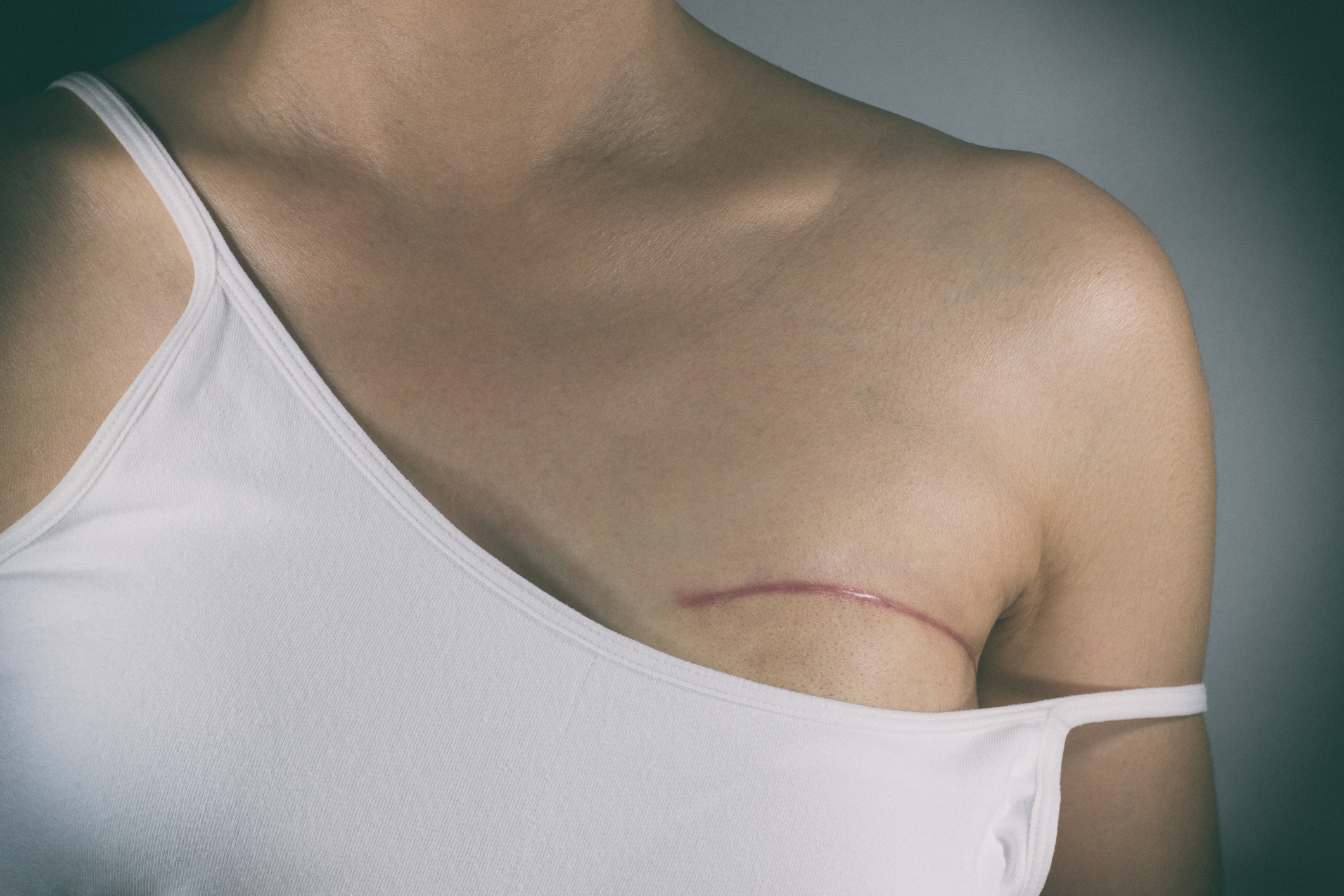What You Need To Know About Breast Reconstruction Surgery

Breast cancer is a devastating diagnosis that affects millions of women every year. Some breast cancer survivors who have lost one or both of their breasts to the illness feel physically and emotionally incomplete. If you have undergone a mastectomy, the best East Windsor, NJ breast reconstructive surgeon can assist you in regaining your entire, healthy self by restoring the form and shape of your breasts.
If you are considering breast reconstruction surgery, here is everything you need to know.
Types of breast reconstruction surgery
There are two main types of breast reconstruction surgery; implant-based reconstruction and autologous reconstruction. Implant-based reconstruction uses silicone or saline implants to create the shape and size of the breast. Autologous reconstruction, on the other hand, uses your own tissue, typically taken from the abdomen or back, to create a new breast.
Each type of breast reconstruction has its pros and cons. Implant-based reconstruction is a less invasive surgery and has a shorter recovery time. However, implants may need to be replaced over time, and there is a risk of implant rupture or capsular contracture. Autologous reconstruction typically provides a more natural look and feel but requires a longer recovery time and may result in scars on the donor site.
Preparing for breast reconstruction surgery
Before your breast reconstruction surgery, your surgeon will give you detailed instructions on how to prepare. You may need to stop taking certain medications or supplements and avoid smoking for some time before and after surgery. You may also require additional tests, such as blood work or imaging, to ensure you are healthy enough for surgery. It is important to follow your surgeon’s instructions closely to ensure the best possible outcome.
Risks and complications of breast reconstruction surgery
Like any surgery, breast reconstruction surgery carries some risks and potential complications. Common risks and complications include bleeding, infection, implant rupture, capsular contracture, and poor wound healing. Additionally, autologous reconstruction risks damage to the donor site, such as the abdomen or back.
Before your surgery, discuss these risks with your surgeon and understand what steps will be taken to minimize them. Sometimes, one may require additional surgeries to address complications, adding to the overall cost and recovery time.
Recovery and aftercare
Recovery from breast reconstruction surgery can take several weeks or even months, depending on the type of surgery and individual factors. It is important to follow your surgeon’s instructions carefully to promote healing and minimize the risk of complications. Some general tips for recovery and aftercare include:
- Avoid heavy lifting or strenuous activities for several weeks
- Wear a supportive bra or compression garment as instructed
- Take pain medication as prescribed
- Attend follow-up appointments with your surgeon
- Practice good self-care, such as eating a healthy diet and getting enough rest
In addition to physical recovery, it is also important to address the emotional impact of breast reconstruction surgery. Many women experience a range of emotions after surgery, including anxiety, depression, and body image concerns. Seeking support from friends, family, or a therapist can help you cope with these emotions and adjust to your new body.
Call Matthew J. Lynch MD Plastic and Reconstructive Surgery in East Windsor to book your appointment for breast reconstruction surgery.
